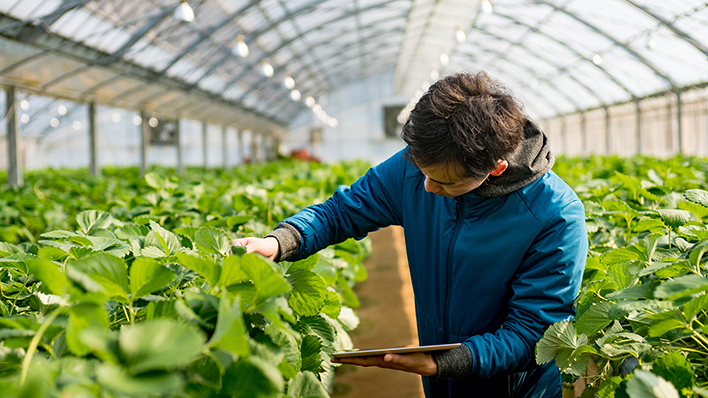
The Sanitary and Phytosanitary Declaration for the 12th Ministerial Conference: Responding to Modern SPS Challenges acknowledges that the global agricultural landscape has evolved since the SPS Agreement was adopted in 1995. It instructs the SPS Committee to launch a work programme, open to all members and observers, that would further enhance how the SPS Agreement is implemented. This work programme would consist of new efforts to identify challenges in the implementation of the SPS Agreement and the mechanisms available to address them as well as the impacts of emerging challenges on the application of the SPS Agreement.
Members took the floor to underline that the principles and obligations of the SPS Agreement remain as relevant today as ever. They commended the process to achieve consensus on the Declaration, which they said could be used as a template for work in other areas. Many delegations noted that members had driven the talks leading to this outcome, with key proponents of the initiative listening to views expressed by other members and responding to questions and concerns in a constructive manner.
Ambassador Alexandre Parola of Brazil told the meeting that the Declaration was a very important step forward and a constructive response from the WTO to the challenges affecting the agricultural landscape. “The Declaration certainly contributes to strengthening the multilateral trading system and will support the regular work of this Committee,” he said. “The topics contained in the Declaration are of great importance to our membership, and we favour dialogue on new challenges related to sustainability, climate change, food security, rural development and employment,” added Ambassador Parola.
Ambassador María Pagán of the United States said the SPS Agreement is vital for protecting human plant and animal life and health while supporting trade in food and agricultural products. “Ministers have embraced this opportunity to look ahead at how the SPS Agreement can help WTO members facilitate safe trade and ensure food can get to those who need it, and have directed this Committee to undertake this important task”, she said. The US Ambassador stressed the importance of inclusiveness and the collaborative approach to this initiative, including through the work programme, to address the complex challenges facing agricultural production and trade.
Ambassador Santiago Wills of Colombia welcomed the adoption of the Ministerial Declaration as a “major achievement” in order to reach the objective of food security and protect public health. “The Ministerial Conference mandated the Committee to continue fostering the application of the SPS Agreement through a work programme that discusses the challenges of the Agreement and the mechanisms available to address them. This Declaration, therefore, enables us to be prepared and able to adapt to the challenges of our age,” he said.
Representatives of Canada, the European Union and Japan also intervened to welcome ministers’ pronouncement on SPS for the first time since the establishment of the WTO in 1995.
Deputy Permanent Representative of Canada to the WTO, Martin Moen, noted that discussions have already started on how to move forward and called on other members to carry out the future work in the same spirit that led to the adoption of the Declaration – member driven, transparent and, importantly, inclusive.
“Members have put forward a united voice proclaiming the importance of the SPS Agreement as well as the impacts of emerging pressures on international trade in food, plants and animals,” he said. “With this declaration, ministers have recognized these facts and called on this committee to examine how the implementation of the Agreement can respond to the new and emerging challenges facing us all,” he added.
The European Union commended the excellent work in the SPS Committee to achieve unanimous support for an important, forward-looking Declaration. The European Union also noted it had joined the list of co-sponsors of the Declaration at a relatively late stage, thanks to the development of the text that now reflects the theme of sustainable food systems.
Japan thanked all delegations involved in this initiative, especially the United States and other dedicated members, for their coordination and leadership in the adoption of the Declaration. Japan also said it expects the work programme will contribute to the identification of the challenges in the implementation of the SPS Agreement and other issues referred to in the Declaration.
Share
Reach us to explore global export and import deals